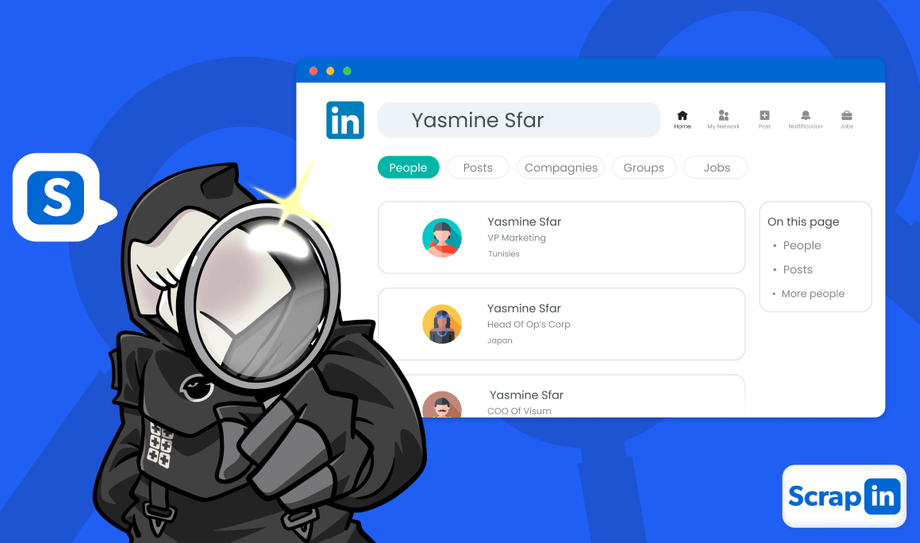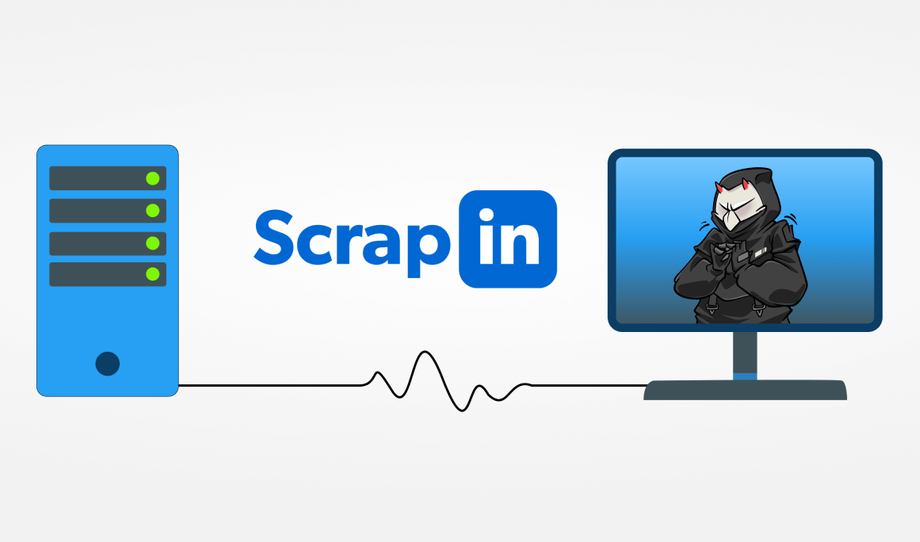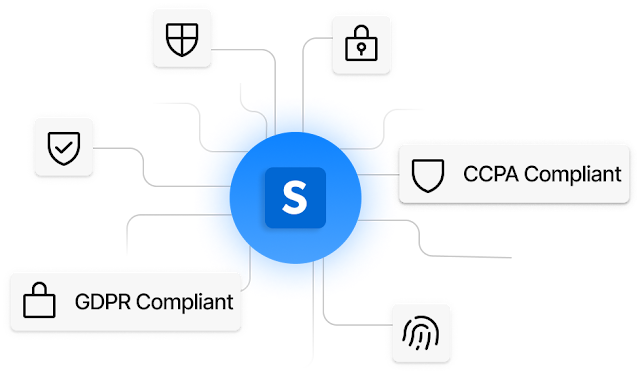Navigating the World of LinkedIn Data Scraping Tools
In the digital era, data is a pivotal asset for businesses and individuals alike, driving strategies, marketing, recruitment, and competitive analysis. LinkedIn, as a treasure trove of professional data, has become a focal point for data scraping activities. This article explores the concept of LinkedIn data scraping tools, their functionalities, and legal and ethical considerations and concludes with a brief mention of Scrapin.io, a platform in this niche.
What is LinkedIn Data Scraping?
linkedin data scraping tool involves extracting information from LinkedIn profiles using automated tools. This process can gather data such as names, job positions, educational backgrounds, skills, and other professional details from the public profiles of LinkedIn users. The primary aim is to utilize this data for various business and research purposes.
The Functionality of LinkedIn Data Scraping Tools
Automated Data Extraction: These tools automate the process of collecting data from LinkedIn profiles, saving time and effort compared to manual methods.
Data Organization: Scraping tools typically organize the extracted data into structured formats like CSV or Excel, making it easier to analyse and use.
Filtering and Customization: Many tools offer features to filter and customize the data extraction process based on specific criteria, such as industry, location, or job title.
Applications of LinkedIn Scraping Tools
Market Research: Businesses use scraped data to understand market trends and identify potential opportunities.
Lead Generation: Sales teams scrape LinkedIn to find potential leads based on job titles, industries, or other criteria.
Recruitment: Recruiters use these tools to identify and reach out to potential candidates.
Competitive Analysis: Companies gather data about competitors’ employees to gauge market positioning.
Legal and Ethical Considerations
The practice of linkedin scraping tool is subject to legal and ethical scrutiny. LinkedIn’s terms of service prohibit the use of automated scraping tools on its platform. Furthermore, laws like the GDPR in Europe impose strict rules on personal data collection and usage, emphasizing the need for consent and privacy protection. Users of scraping tools need to be aware of these regulations and ensure compliance to avoid legal repercussions.
Challenges in LinkedIn Data Scraping
Accuracy and Reliability: The quality of data gathered depends on the tool's sophistication and the algorithms used.
Risk of Account Suspension: LinkedIn actively detects and restricts the use of scraping tools, posing a risk of account suspension or legal action.
Data Overload: Handling and analysing large volumes of data can be challenging and requires proper data management strategies.
Conclusion:
For those considering the use of LinkedIn data scraping tools, Scrapin.io offers a platform designed to address this need. Scrapin.io provides features that simplify the data scraping process, along with guidance on how to use these tools effectively and responsibly. By utilizing Scrapin.io, users can navigate the complexities of LinkedIn data scraping, ensuring they gather valuable insights while remaining mindful of legal and ethical boundaries.
Blog source url :- https://scrapin26.blogspot.com/2023/12/navigating-world-of-linkedin-data.html




Comments
Post a Comment